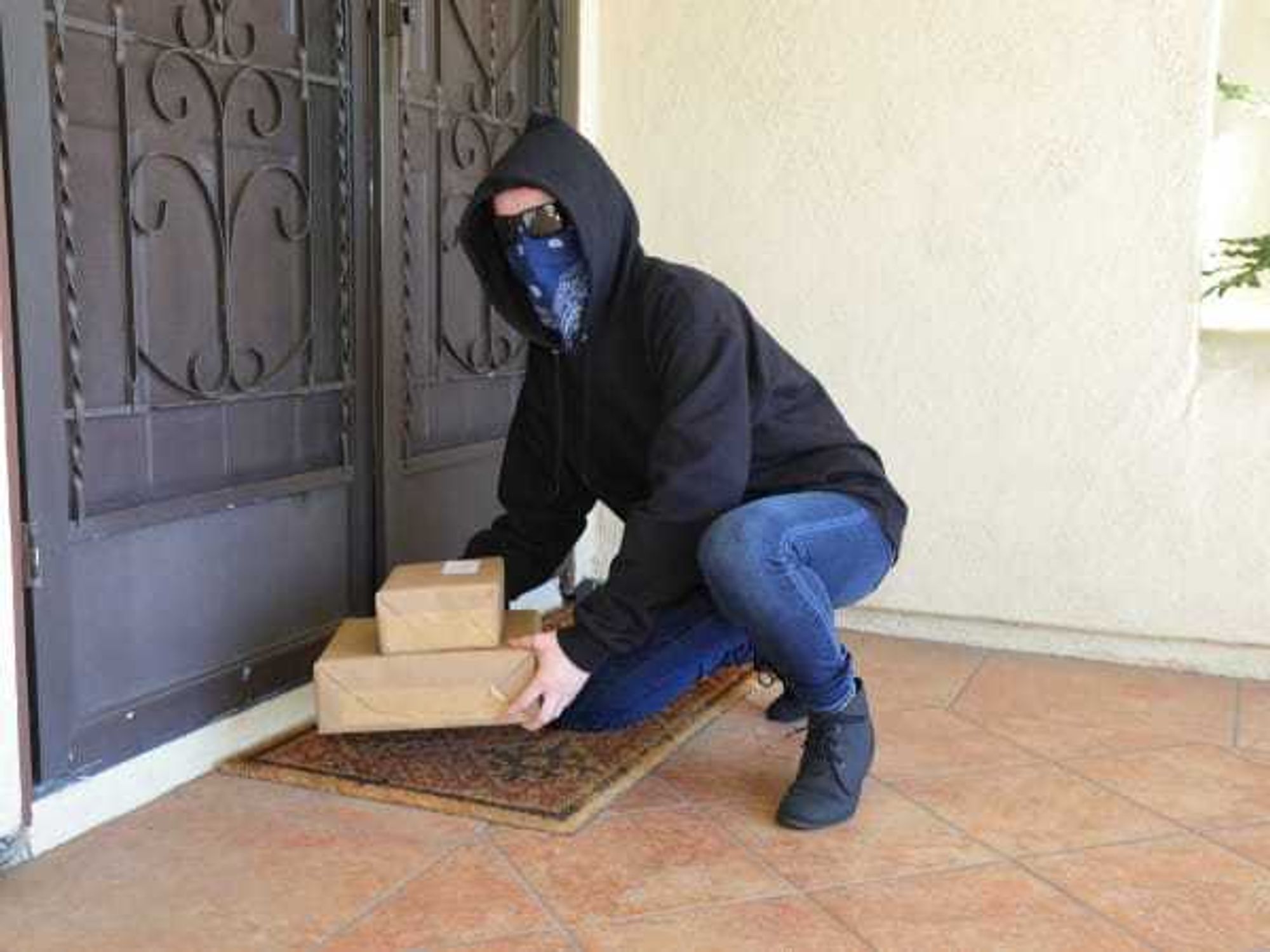Texas Techies
Houston finds itself a first frontier in the 4G Internet speed race
Speed, speed and more speed isn't just the new frontier when it comes to Internet service — it's quickly becoming the only thing.
Now, Houston finds itself at the forefront of this push. Clearwire (a company backed by Sprint and Comcast) is launching the largest 4G network in the country in the Bayou City today, CultureMap has learned.
4G networks — also known as fourth generation wireless networks — promise to bring speeds much faster than a wired Internet connection to your mobile devices. Clearwire's network, which its calling CLEAR, will cover 1,900 square miles in the greater Houston area, making it the largest 4G network in the United States in terms of square miles. Dallas, San Antonio and Austin already have 4G coverage, giving Texas a head start on many areas of the country (communications experts don't expect 4G technology to become commonplace for years).
Clearwire hasn't launched CLEAR in New York or Los Angeles yet for example.
"As a Texan myself, I'd like to think that we're very tech savvy in Texas," Clearwire's Houston general manager John Smith told CultureMap in an exclusive interview. "(Houston) is the second-largest city launch next to Chicago."
With Google considering Sugar Land for its own experimental super-speed fiber optic network dubbed Gig, it's quickly becoming apparent that Texas cities are prized by the Internet speed merchants. Even if a lot of people still have little grasp of what 4G means or why they might want it.
A 4G network allows you to turn your car into a moving super-speed hot spot, "just like your own Starbucks," according to Smith. You could also take your super-fast connection to grandma's house with little effort. Still, it's hard to describe speed. You just know it when you see it.
"We talk about getting people past the whole 3G-4G barrier and making it into a visual experience," Smith said.
To try to sell its own 4G network, Clearwire will be rolling out an extensive ad campaign that includes commercials on local TV. But like with most things involving new technology, Smith expects that the kids will be leading the adults.
"There's a whole generation of users like my own 13-year-old daughter that don't have to be convinced," Smith said. "They're already dying for more speed on their smartphones for video and all sorts of things. As a parent, I know it's the kids pushing the parents a lot of times. For example, my wife never used to text message. Until four years ago when my teenage daughter started texting and then my wife did.
"Now, my wife texts me more than she calls me."
